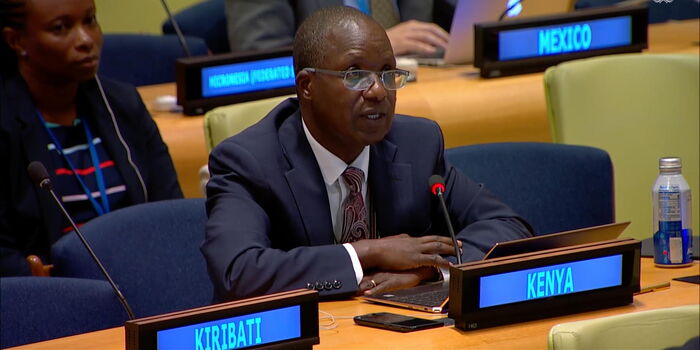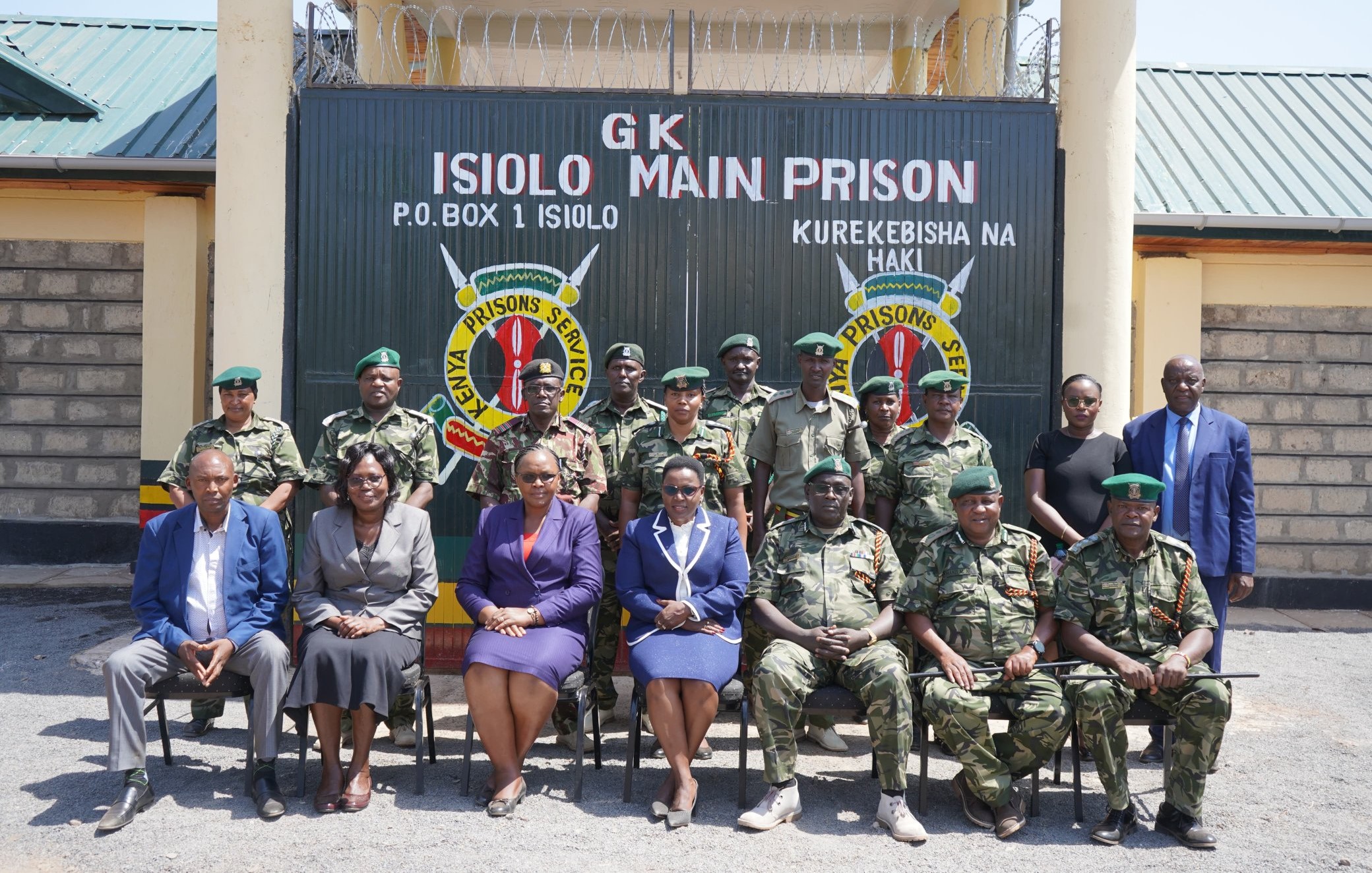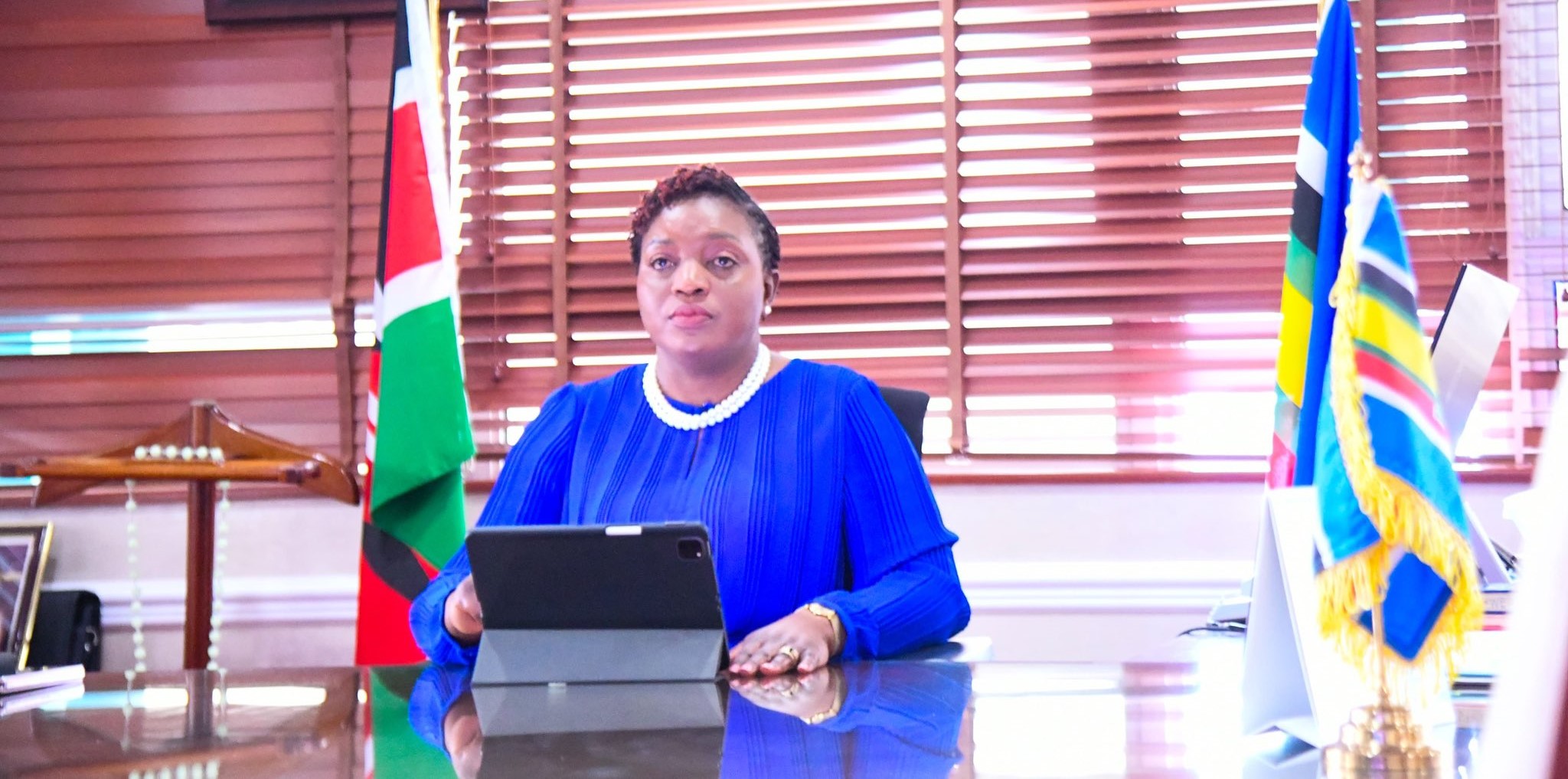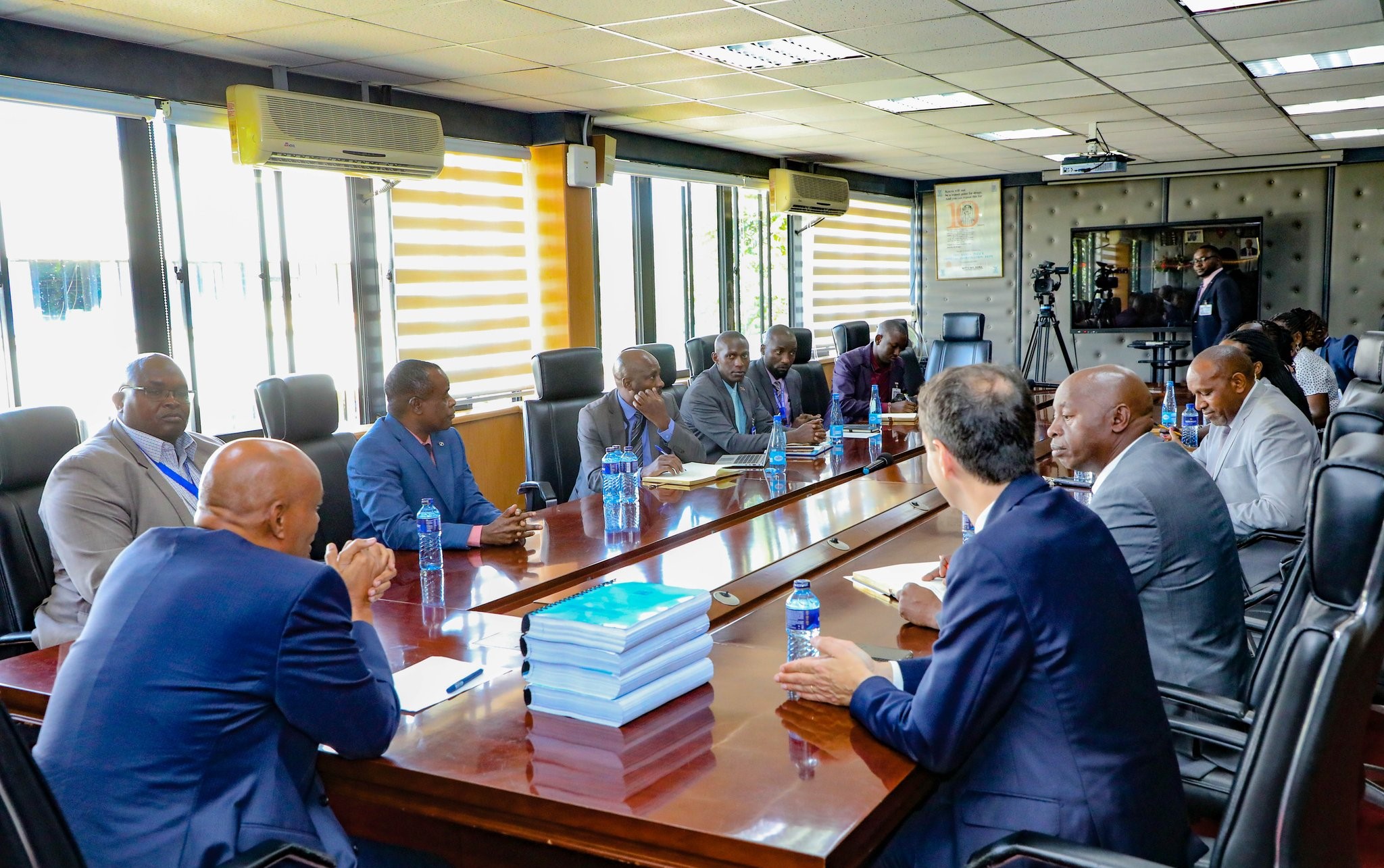
Kenya and Tanzania have taken the lead in proposing the establishment of a ‘World Kiswahili Language Day’ at the United Nations, with the support of other African nations. Ambassador Mike Kiboino of Kenya expressed the significance of this proposal, stating, “Kiswahili is the only indigenous official language of the African Union. A UN resolution proclaiming a ‘World Kiswahili Language Day’ would be a milestone on the ultimate goal of UN official language status.”
The joint initiative by Tanzania’s Hassan Kattanga and Ambassador Kiboino highlights the increasing importance of Kiswahili as a unifying language in Africa. President Yoweri Museveni of Uganda also lauded Kiswahili, calling it “infrastructure created by God” and advocating for its use to unify East African member states economically and politically.
The United Nations has a history of promoting multilingualism and cultural diversity, with UNESCO recognizing Kiswahili’s role in fostering dialogue among civilizations. The recent resolution establishing World Kiswahili Language Day on July 7th each year marks a historic moment, making Kiswahili the first African language to receive such recognition from the UN.
The move has sparked enthusiasm across the continent, signaling a broader movement towards celebrating and preserving indigenous languages. This initiative could have far-reaching implications for linguistic diversity and cultural heritage in Africa and beyond.






